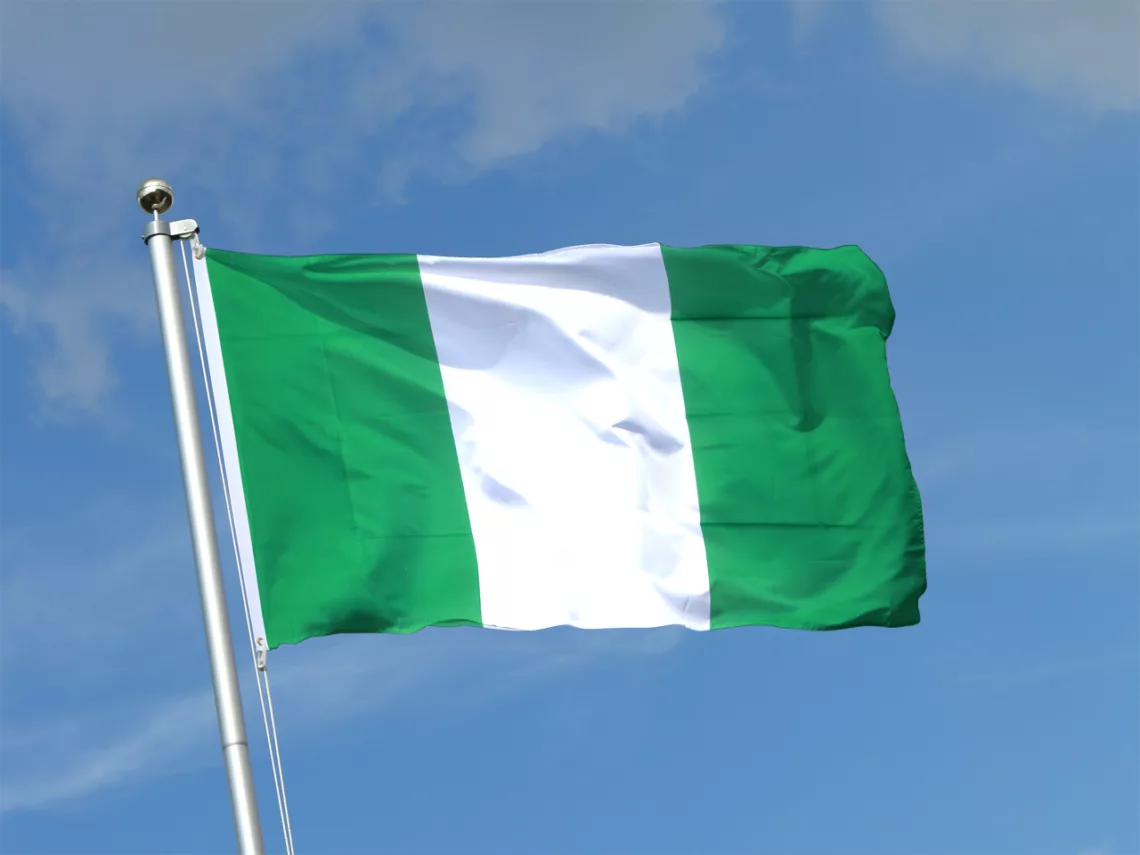The struggle for power in Nigeria is largely driven by identity politics. This is a phenomenon that has been fuelled by a range of primordial factors, including religion, tribalism, ethnicity, and regionalism. These factors have been present in Nigerian politics since the colonial era, and they have played a significant role in shaping the country’s political landscape.
One of the key theorists that can help us to understand the impact of identity politics on Nigeria is Samuel Huntington. In his seminal work “The Clash of Civilisations,” Huntington argued that the world was divided into a series of cultural and civilizational fault-lines that would lead to conflict in the post-Cold War era. According to Huntington, the primary source of conflict in the world was no longer ideological or economic, but cultural.
The relevance of Huntington’s work to Nigeria’s political landscape cannot be overstated. In Nigeria, identity politics has been a major source of conflict, leading to numerous instances of communal violence, political instability, and even civil war. Religion, for example, has played a significant role in Nigeria’s political history, with the country divided roughly along religious lines. The northern part of the country is predominantly Muslim, while the southern part is largely Christian.
Similarly, tribalism and ethnicity have also played a significant role in shaping Nigerian politics. The country is home to over 250 ethnic groups, each with its own unique cultural identity and history. This has led to a situation where politicians often mobilise support along ethnic lines, promising to promote the interests of their own ethnic groups once in power. This has led to a situation where Nigeria’s politics is often defined by a zero-sum game, with one ethnic group seeking to dominate the others.
Regionalism is another factor that has contributed to Nigeria’s identity politics. The country is divided into six geo-political zones, each with its own unique identity and history. This has led to a situation where politicians often mobilise support along regional lines, promising to promote the interests of their own regions once in power. This has further exacerbated the zero-sum nature of Nigerian politics, with one region seeking to dominate the others.
The recent presidential elections in Nigeria are a perfect illustration of the impact of identity politics on the country’s political landscape. The elections were fiercely contested, with the three main candidates representing different region, religious and ethnic groups.
The elections were characterised by pockets of violent incidents, with all sides accusing the other of electoral malpractice. There were also instances of communal violence in some parts of the country, with supporters of different political parties clashing over the results of the election. This is not an isolated incident, as Nigeria has a long history of electoral violence, with many of the incidents being driven by identity politics.
The danger of identity politics in Nigeria is that it threatens to tear the country apart. If politicians continue to mobilise support along ethnic, religious, and regional lines, the country is likely to become increasingly divided. This could lead to a situation where different parts of the country begin to secede, leading to further violence and instability.
The solution to Nigeria’s identity politics lies in nation-building. Politicians need to focus on promoting national unity and building a sense of shared identity among the country’s diverse ethnic, religious, and regional groups. This means investing in education, infrastructure, and other initiatives that promote social cohesion and national unity.
It also means recognising the importance of diversity in Nigerian society. Rather than seeing ethnic, religious, and regional differences as a source of conflict, politicians should see them as a source of strength. By celebrating Nigeria’s diversity, politicians can help to build a sense of national identity that transcends primordial loyalties and creates a shared sense of purpose and belonging among all Nigerians.
Furthermore, politicians must prioritise the welfare and development of all Nigerians, regardless of their ethnicity, religion, or region. This means ensuring that all Nigerians have access to basic amenities such as clean water, healthcare, and education. It also means creating a level playing field for all Nigerians, regardless of their social status or background.
Nation-building requires a long-term vision and commitment from political leaders. It cannot be achieved through short-term policies or populist measures that seek to appease certain groups at the expense of others. Instead, it requires a sustained effort to promote national unity and a sense of shared identity among all Nigerians.
The role of civil society organisations and the media in promoting national unity cannot be overstated. They can help to promote dialogue, understanding, and tolerance among different groups in Nigerian society. They can also hold politicians accountable for their actions and policies, and advocate for policies that promote national unity and development.
On a final note, the struggle for power in Nigeria as earlier stated is largely driven by identity politics. This is a phenomenon that threatens to tear the country apart if not addressed urgently. Politicians must pay attention to nation-building and not just power grab, as witnessed in the recently conducted presidential elections. They must focus on promoting national unity and building a sense of shared identity among all Nigerians. This means investing in education, infrastructure, and other initiatives that promote social cohesion and national unity. By doing so, Nigeria can build a future that is inclusive, prosperous, and peaceful for all Nigerians.





